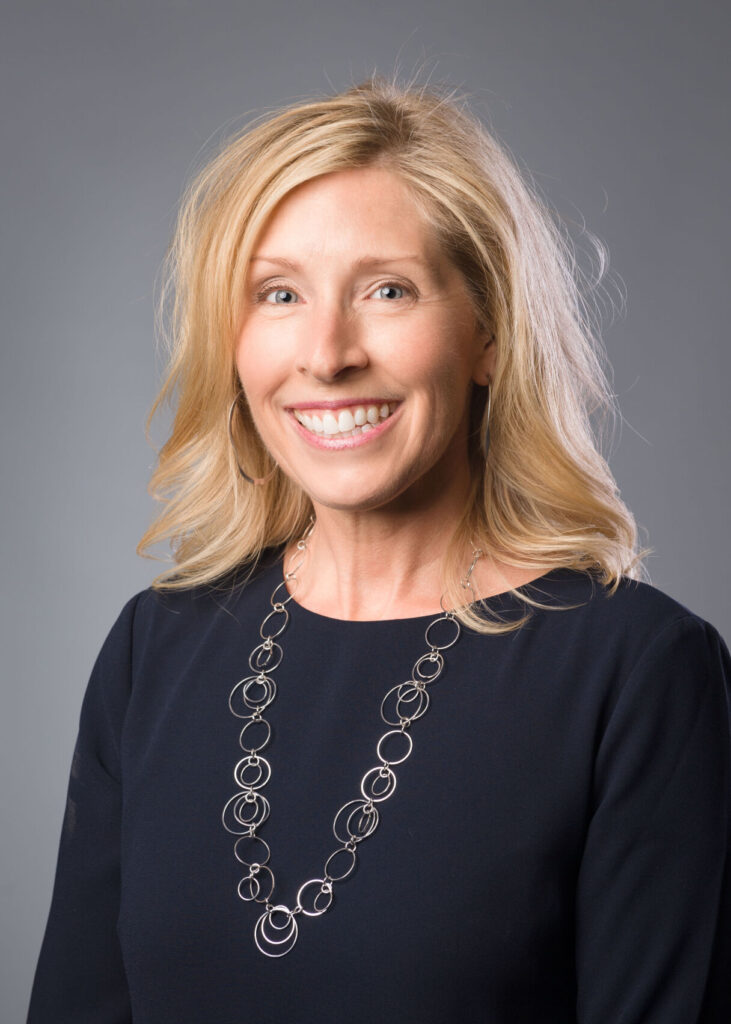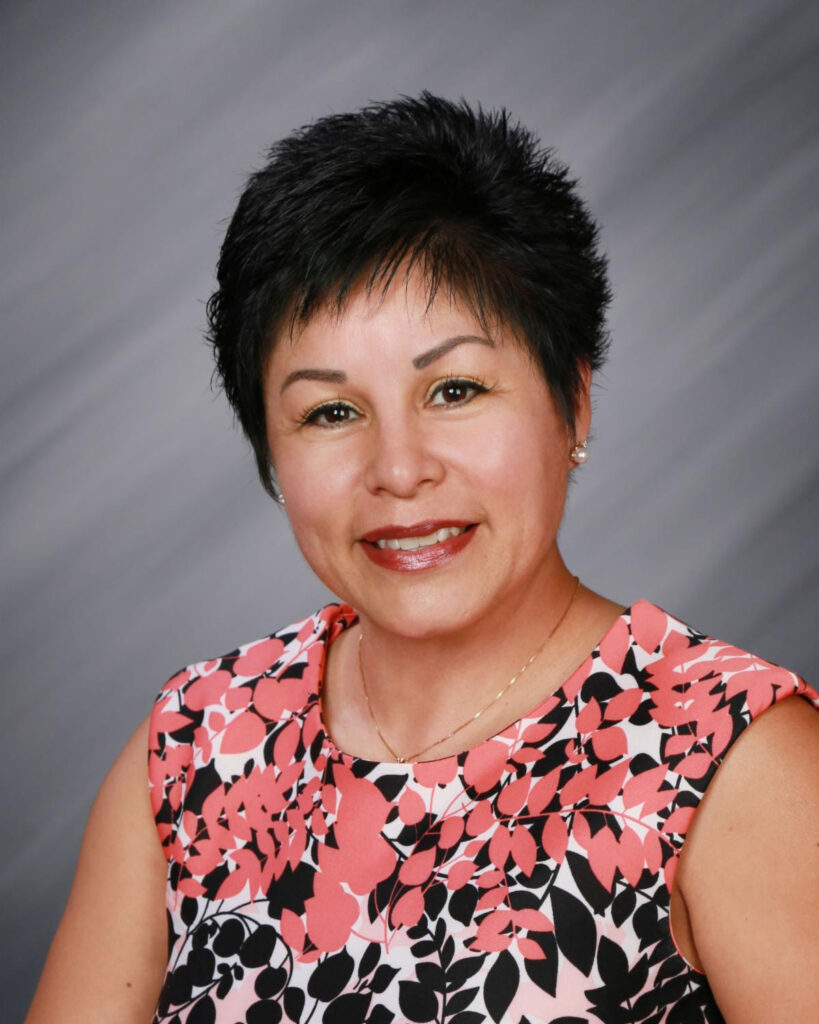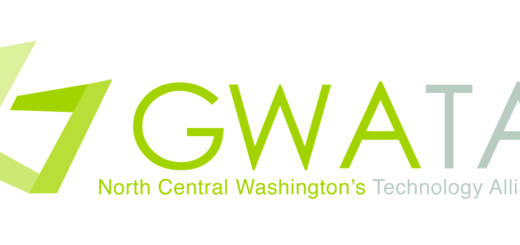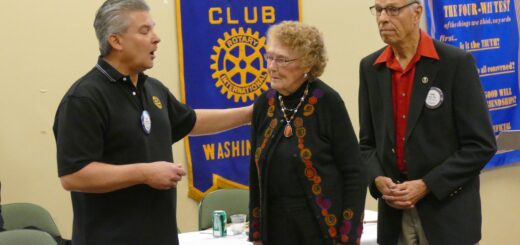Barbosa will build on Witherbee’s strong legacy leading the Apple Education Foundation
In the last 20 years, the Washington Apple Education Foundation has developed an innovative and highly effective educational program that changes the lives of students whose parents work in the industry.
WAEF is one of the great success stories in philanthropy in North Central Washington and around the state, thanks in large part to the support of packers, growers and fruit-related businesses. Jennifer Witherbee, a Chelan native who grew up in an industry family, has been a critical driving force in building the foundation from a shoestring effort into an educational powerhouse that provides more than $1 million a year for students as well as key mentoring and support services to help these youngsters make the most of their higher education opportunities.
The philanthropic organization was founded by visionary tree fruit industry leaders including Vicky Scharlau, Gail Foreman. Buell Hawkins, LaVerne Bergstrom, Don Heinicke, Jim Wade and others.
Witherbee, who is retiring, has been the executive director for the last two decades. She’s handing over the reins to Faviola Barbosa, an Orondo native who has dedicated her life’s work to opening up educational opportunities for those who have been underrepresented, vulnerable and historically marginalized as a leader at Wenatchee Valley College, Olympic College and, most recently, Big Bend Community College, where she was the Dean of Transitional Studies.
Barbosa will be building on a foundation that is rock solid, thanks to Witherbee, her staff and the board of directors.
Roughly 75 percent of the students who receive financial assistance are first-generation college students, making the WAEF program a powerful tool for creating greater equity of opportunity in our communities.
Several years ago, I had the opportunity to see the WAEF staff in action as they visited local high schools near graduation and welcomed students who were admitted into the program. What the WAEF program has done extraordinarily well is fostering a sense of belonging for students who might otherwise be intimidated by the college experience. The mentoring students receive from volunteers throughout the industry and among former WAEF scholarship recipients is invaluable in building the confidence and social connections for these young people.The program has more than 200 people who volunteer to help the students.
Witherbee recalled that WAEF’s early years were spent figuring out how best to make a difference on behalf of the industry. When the focus was narrowe providing scholarships and mentoring assistance, the foundation started taking off.
As they started giving out scholarships and providing other services, powerful stories started emerging from students who typically had a hard time imagining going to college. They were succeeding in school, getting internships and starting to see a future beyond the harvesting and packing of fruit. They want to make a difference for themselves and also their families, Witherbee said.
“We love being a community to our students and we see them as part of our community,” said Witherbee. It is those stories that capture the hearts of the donors to the program and inspire them to contribute every year.
Barbose noted that there are other educational programs on college campuses, such as CAMP (College Assistance Migrant Program), that use a similar concept but those programs aren’t found at every school. WAEF has created a powerful niche of supporting these students at whatever college they choose to attend.
Barbosa said she’s excited to build on the success of the program and use her knowledge and expertise of working in community colleges to find additional resources that can help WAEF students.
As the daughter of farmworkers, she has first-hand knowledge of the challenges students face.
The Washington Apple Education Foundation has created a virtuous circle of community that has opened up opportunities for more than 3,000 students in two decades with the support of more than $11 million from the industry.
The generosity of the industry and its stellar commitment to lowering higher education barriers for children of its workers is a shining example of paying it forward.




